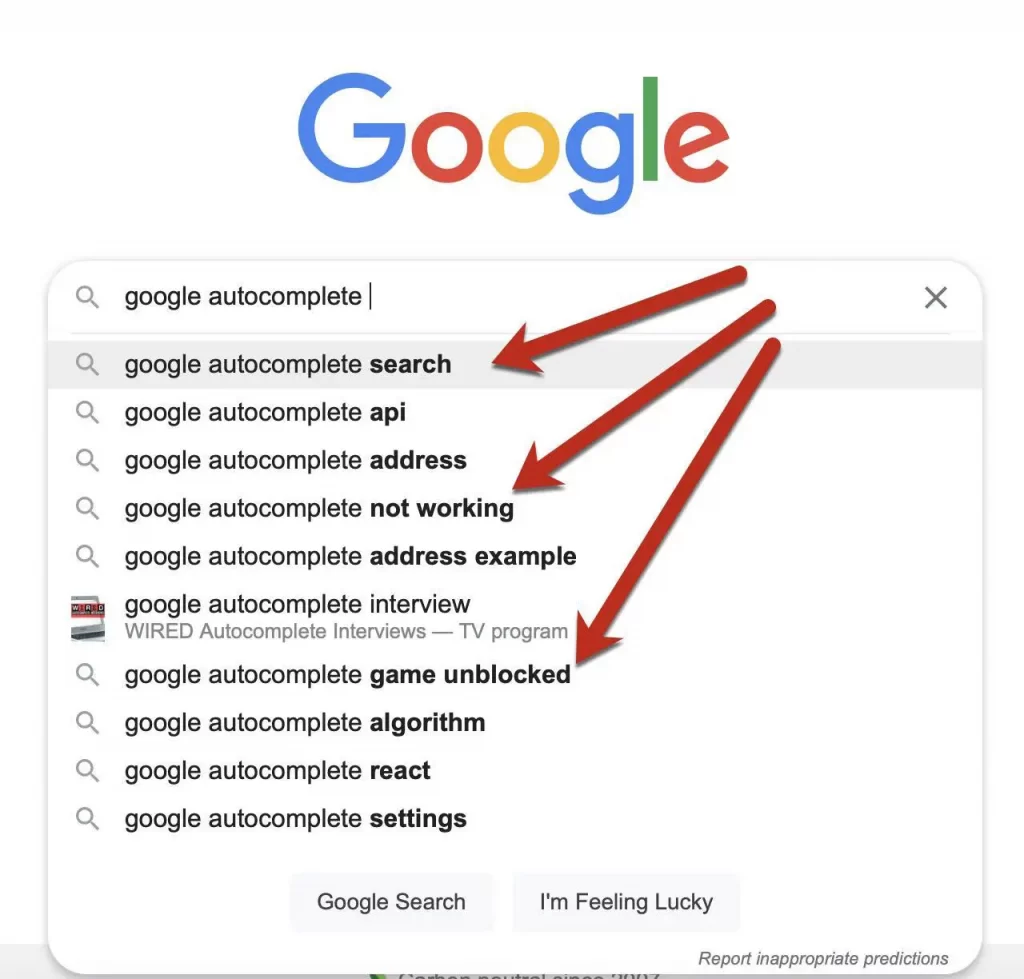How to Do Keyword Research Manually and Using SEO Researching Tools (2023 Methods)?
Before we discuss the topic, if you know the worth of keywords, it’s a game changer for your digital field.
Keywords are the foundation upon which your online presence or any type of business is built, guiding search engines and users alike to your content.
Moreover, keyword research consists of 3 main steps; 1) finding keywords, 2) Analysing Keywords, 3) Targeting Keywords. So, this is the 1st and basic step, without it you can go forward to the next module. By using tools, you can find quick keywords for the niche that you want to work.
Whether you’re a seasoned SEO professional or a beginner dipping your toes into digital marketing, understanding how to do keyword research manually and using research tools is an essential skill.
In this guide, we’ll explore both manual and SEO tool-assisted methods to uncover the secrets of successful keyword research.
Why Keyword Research Matters In Digital Marketing 2023
Keywords are the bridge connecting your content to your target audience. They’re the phrases, users type into search engines to find information, products, or services they’re seeking.
By aligning your content with the proper keyword research and analysis, you increase the chances of your website appearing in search engine results pages (SERPs), driving organic traffic and potential conversions.
Manual Keyword Research
While SEO tools offer tremendous convenience and efficiency, manual keyword research provides a fundamental understanding of your niche and audience. Here’s how to do keyword research manually and using SEO researching tools:
1. Brainstorm Relevant Topics
Begin by brainstorming topics related to your business or website. Put yourself in your audience’s shoes and think about what they might search for.
Brainstorming is the technique you know for finding any unique topic or industry where you do business in that industry.
Although many topics and ideas come to your mind, you may need clarification
Do not need to worry; various keyword research methods are helping you to explore the best and winning topic.
2. Expand with Seed Keywords
Once you have a few topics, generate seed keywords; short, relevant phrases that are core to your niche. For instance, if you’re in the fitness industry, a seed keyword could be weight loss tips in the keyword research checklist.
3. Utilize Google Suggest
Type your seed keywords into Google’s search bar and observe the auto-suggestions that appear. These suggestions are based on actual user searches and can inspire related long tail keyword research.
4. Scour Related Searches and People Also Ask
Scroll to the bottom of the search results page to find Related Searches, and People Also Ask sections. These can provide valuable insights into user intent and additional keywords to consider.
Diving Deeper into Manual Keyword Research Techniques
While SEO tools are precious for keyword research, mastering the art of manual keyword research can provide you with insights and understanding that no automated tool can replicate.
Let’s explore some advanced manual techniques to uncover hidden gems in the world of keywords.
1. Reverse Engineering Competitor Keywords
One effective way to identify keywords is by analyzing your competitors. Study the websites of your main competitors and dissect their content. We also call this process competitor keyword research, Look for:
- Keywords they consistently use in their content and metadata
- Keywords that rank them high on search engine results pages
- Keywords used in their blog posts, product descriptions, and other content
- This reverse engineering approach can unveil valuable keywords you might not have considered otherwise
2. Utilizing Social Media and Forums
Social media and online forums are also the magic way to get new keyword ideas. Yes, proper keyword research in seo is the primary step for going through the following process; if this step is fantastic, you will play the best seo game for your online website.
3. Mining Google Search Console
If you know how to use google search console for keyword research, then you get 2 to 3 times extra traffic to your website. But this option is for those who already have a website.
Google Search Console can provide valuable insights and full information about your website and where to go to your website, which means it’s going well or not, also provides the highlights option for improvement as well.
It shows the search terms users typed in to find your website. This real-world data can guide your keyword strategy.
4. Exploring Wikipedia and Wikis:
Wikipedia articles are comprehensive resources on various topics. Check out the table of contents and section headings of relevant articles. These headings often represent broader topics that can inspire free keyword ideas.
5. Using Thesauruses and Related Words
Thesaurus websites can be surprisingly helpful for finding synonyms and related terms for your primary keywords. Expanding your keyword list with variations and synonyms can capture a wider audience.
SEO Tool Assisted Keyword Research
As technology advances, so do the tools available to digital marketers. SEO research tools offer comprehensive keyword data and analysis to optimize your keyword strategy.
1. Google Keyword Planner
The Google keyword planner free keyword research tool is one of the best tools for keyword research. It provides search volume data, keyword ideas, and competition levels. Input your seed keywords to get a list of related terms and their metrics.
2. SEMrush
A semrush keyword research tool most used tool in the world. A versatile tool that offers keyword insights and helps you analyze competitors’ keywords and strategies. It provides valuable data like search volume, keyword difficulty, and trends.
3. Ahrefs
A powerful ahrefs keyword research tool for analyzing backlinks and keywords. Ahrefs Keyword Explorer gives you in-depth data on search volume, click-through rate, and more, helping you uncover hidden keyword opportunities.
4. Ubersuggest
Developed by Neil Patel, this tool offers keyword suggestions, search volume, and keyword difficulty. It’s user-friendly and can be a great starting point for beginners.
Strategies for Keyword Selection
1. Long-Tail Keywords
These are longer, more specific phrases that target a niche audience. While they may have lower search volumes, they often have higher conversion rates due to their specificity.
2. Search Intent
Consider the intent behind the keywords. Are users looking for information, products, or answers? Align your content with their intent.
If you know the intent of any keyword then you can easily utilize them according to your niche. Intent may be informational, commercial, or transitional-based.
3. Competitor Analysis
Study your competitors keyword strategies. Identify which keywords are driving traffic to their websites and evaluate if they are relevant to your content.
No doubt competitors a friend, you can make a strategy for yourself by deep study.
Putting it All Together
Keyword Research Manually and Using SEO Researching Tools involves a blend of manual exploration and utilizing SEO tools. Manual research helps you tap into the mindset of your audience, while tools provide data driven insights to refine your strategy.
By incorporating both approaches, you can create a well-rounded keyword portfolio that drives traffic, enhances user experience, and boosts your online success.
The Last Line
In conclusion, keyword research is a dynamic process that requires constant refinement and adaptation. By mastering both manual and keyword research generator SEO tool-assisted methods, you equip yourself with the skills necessary to stay ahead in the competitive world of digital marketing.
So, whether you’re embarking on your first keyword research journey or looking to fine-tune your existing strategy, remember that learning how to do keyword research manually and using SEO researching tools is your compass in the digital wilderness. Happy researching!
FAQ’s;
What are the 4 types of keywords in SEO?
Informational: The user wants to find information about any topic
Navigational: The user wants to find a specific website or page
Transactional: The user wants to do a complete action (Decide to Purchase something)
Commercial: The searcher wants to investigate the products, services
Which keywords are best to target for getting traffic on the website?
Mid and long-tail keywords that include an informational base in your topic/niche. You know long tail keywords have zero volume but it’s driven traffic for your web page if the intent is informational base and users need information about it.






